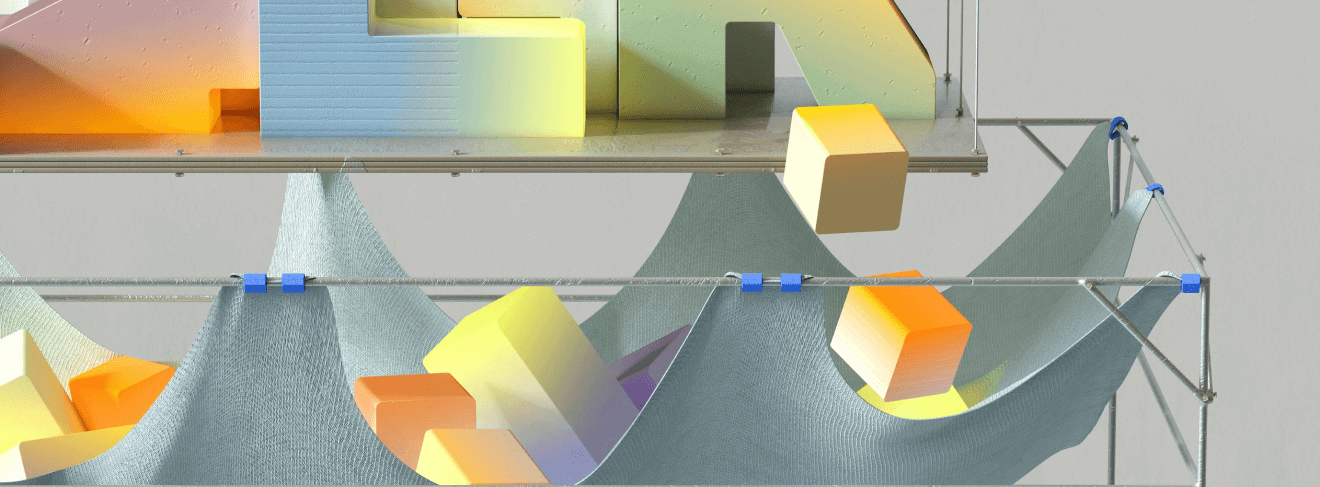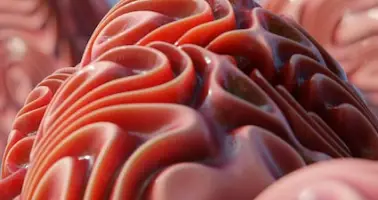The next decade won’t just upgrade universities; it will reinvent them.
Artificial intelligence is quietly rewriting the rules of how we learn, teach, and conduct research. We’re already seeing early tremors, AI tutors, automated grading, and predictive analytics, but those are merely the prologue. By 2035, AI will be so deeply integrated into the fabric of education that the very concept of “school” will feel transformed. Here’s how that future is taking shape.
1. Every Learner Will Have a Lifelong AI Companion
Picture this: an AI that’s known you since kindergarten and will stay with you throughout your career. It remembers your learning quirks, your breakthroughs, even the hours of the day when your brain lights up most. It’s not just a tutor, it’s your personal cognitive twin.
This AI won’t teach everyone the same way. It’ll know you grasp calculus visually, that you need spaced repetition for Spanish verbs, and that philosophy makes more sense after 9 p.m. Instead of grades or modules, you’ll have a living, adaptive learning map that evolves as you do.
And here’s the real breakthrough: your AI won’t just fill known gaps; it’ll spot the invisible ones. It might trace your struggle in organic chemistry back to a misunderstanding from high school physics, and quietly design a five-minute refresher that fixes it. That’s not tutoring. That’s transformation.
2. AI Research Partners Will Be Listed as Co-Authors
The next generation of researchers won’t just use AI, they’ll work with it. Within a decade, AI systems will be credited as contributors, even co-authors, on peer-reviewed papers. Not as gimmicks, but because they’ll have genuinely shaped the inquiry.
These AI collaborators will go far beyond literature reviews. They’ll identify patterns across millions of papers, generate novel hypotheses, and suggest experiment designs that merge physics with philosophy or chemistry with computation.
Imagine a humanities scholar using AI to map cultural shifts across centuries of literature, or a biologist running 10,000 simulations overnight while she sleeps. The real debate won’t be whether AI contributes meaningfully; it’ll be whether it deserves intellectual credit for doing so.
3. Degrees Will Evolve Into Dynamic Knowledge Passports
The four-year degree is about to meet its match. As AI makes learning modular and measurable, universities will shift from being gatekeepers of knowledge to validators of mastery. The new currency will be competence, verified through AI-driven assessments that simulate real-world conditions.
Instead of a static transcript, you’ll carry a living skill graph, blockchain-verified and continuously updated. Employers won’t ask, “Where did you study?” but “What can you prove you know?” Universities will compete on the credibility of their validation systems, not on the prestige of their towers.
Education will become a lifelong process of skill certification, where learning never ends and credentials never expire.
4. Real-Time Translation Will Make Knowledge Truly Global
Soon, language barriers in academia will vanish. You’ll attend a lecture in Seoul, hear it in flawless English through your earbuds, and respond in your native tongue, with perfect, context-aware translation.
Research papers in Mandarin, Arabic, or Spanish will appear instantly in English, with discipline-specific terms translated precisely and cultural nuance intact. The result? A world where collaboration happens by interest, not by geography or language.
A Kenyan philosopher, a Finnish data scientist, and a Chilean anthropologist will co-author papers in real time. That’s more than access, it’s a renaissance of global academic collaboration.
5. AI Will End Academic Misconduct by Redesigning Integrity
Plagiarism detection is just the start. Future AI systems will prevent misconduct before it happens, not by punishing cheaters, but by understanding the psychological patterns behind academic dishonesty.
They’ll notice the early signs: a student’s tone shifts under stress, a dataset looks statistically “too perfect,” or collaboration patterns hint at unethical shortcuts. Then, instead of accusation, the system intervenes, offering time-management tools, mental-health check-ins, or advisor alerts.
For researchers, AI will highlight the warning signs of bias and burnout long before they compromise data integrity. Integrity won’t just be enforced; it’ll be engineered into academic ecosystems.
The Road Ahead
These shifts aren’t speculation; they’re acceleration. Every technology needed for this transformation already exists in prototype form. What’s coming next is not a question of “if” but of “adaptation.”
The universities that thrive will treat AI as a collaborator in learning and research, not a threat to them. The question will no longer be, “How do we stop students from using AI?” but “How do we teach them to think with it?”
AI won’t replace professors; it’ll liberate them. It will handle the cognitive heavy lifting so educators can do what they were born to do: inspire curiosity, nurture critical thinking, and guide human discovery.
The mind-blowing part isn’t the technology. It’s the potential that emerges when human creativity meets machine intelligence, making education as adaptive, humane, and infinite as learning itself.





